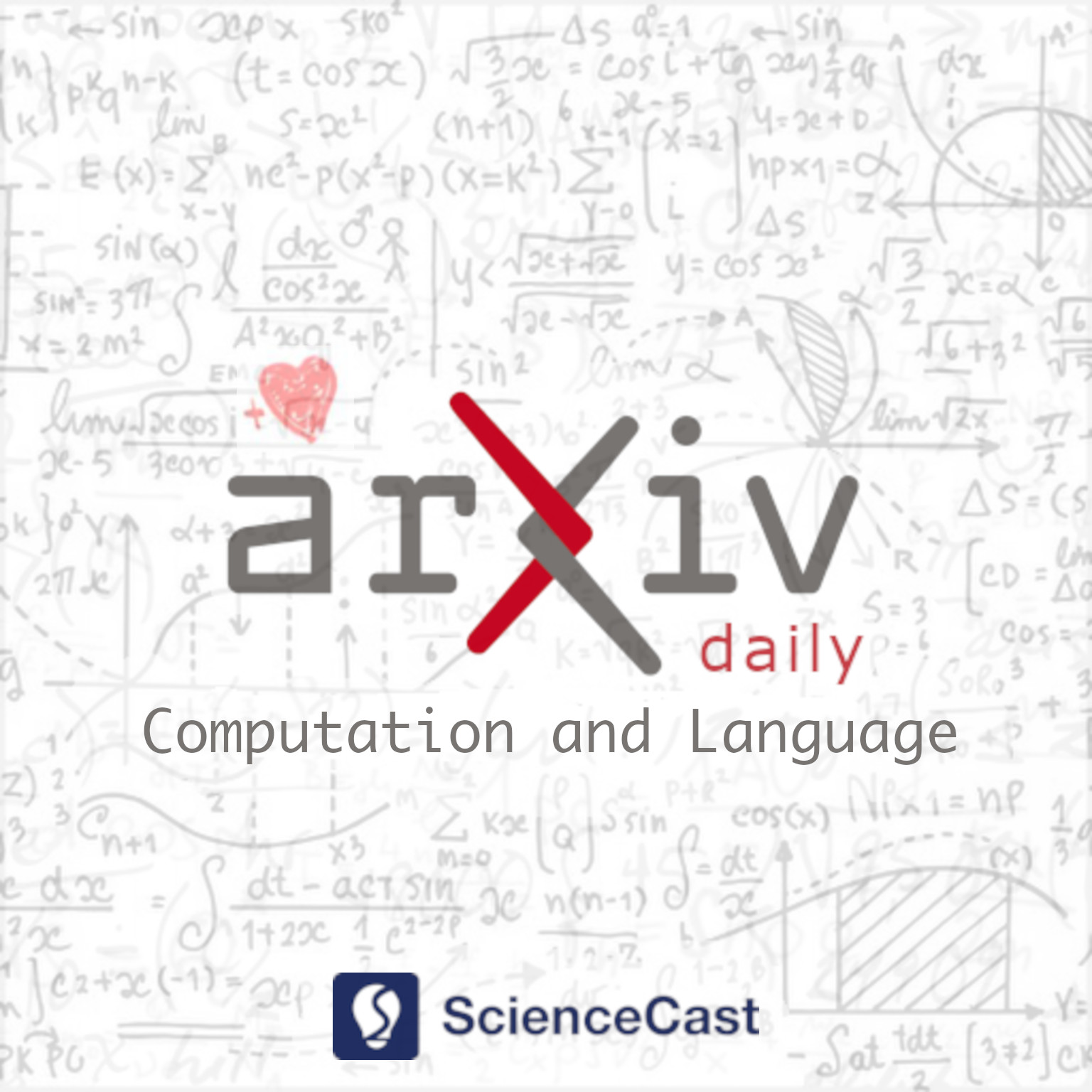
Computation and Language (cs.CL)
Tue, 08 Aug 2023
1.SimplyRetrieve: A Private and Lightweight Retrieval-Centric Generative AI Tool
Authors:Youyang Ng, Daisuke Miyashita, Yasuto Hoshi, Yasuhiro Morioka, Osamu Torii, Tomoya Kodama, Jun Deguchi
Abstract: Large Language Model (LLM) based Generative AI systems have seen significant progress in recent years. Integrating a knowledge retrieval architecture allows for seamless integration of private data into publicly available Generative AI systems using pre-trained LLM without requiring additional model fine-tuning. Moreover, Retrieval-Centric Generation (RCG) approach, a promising future research direction that explicitly separates roles of LLMs and retrievers in context interpretation and knowledge memorization, potentially leads to more efficient implementation. SimplyRetrieve is an open-source tool with the goal of providing a localized, lightweight, and user-friendly interface to these sophisticated advancements to the machine learning community. SimplyRetrieve features a GUI and API based RCG platform, assisted by a Private Knowledge Base Constructor and a Retrieval Tuning Module. By leveraging these capabilities, users can explore the potential of RCG for improving generative AI performance while maintaining privacy standards. The tool is available at https://github.com/RCGAI/SimplyRetrieve with an MIT license.
2.Continual Pre-Training of Large Language Models: How to (re)warm your model?
Authors:Kshitij Gupta, Benjamin Thérien, Adam Ibrahim, Mats L. Richter, Quentin Anthony, Eugene Belilovsky, Irina Rish, Timothée Lesort
Abstract: Large language models (LLMs) are routinely pre-trained on billions of tokens, only to restart the process over again once new data becomes available. A much cheaper and more efficient solution would be to enable the continual pre-training of these models, i.e. updating pre-trained models with new data instead of re-training them from scratch. However, the distribution shift induced by novel data typically results in degraded performance on past data. Taking a step towards efficient continual pre-training, in this work, we examine the effect of different warm-up strategies. Our hypothesis is that the learning rate must be re-increased to improve compute efficiency when training on a new dataset. We study the warmup phase of models pre-trained on the Pile (upstream data, 300B tokens) as we continue to pre-train on SlimPajama (downstream data, 297B tokens), following a linear warmup and cosine decay schedule. We conduct all experiments on the Pythia 410M language model architecture and evaluate performance through validation perplexity. We experiment with different pre-training checkpoints, various maximum learning rates, and various warmup lengths. Our results show that while rewarming models first increases the loss on upstream and downstream data, in the longer run it improves the downstream performance, outperforming models trained from scratch$\unicode{x2013}$even for a large downstream dataset.
3.Top K Relevant Passage Retrieval for Biomedical Question Answering
Authors:Shashank Gupta
Abstract: Question answering is a task that answers factoid questions using a large collection of documents. It aims to provide precise answers in response to the user's questions in natural language. Question answering relies on efficient passage retrieval to select candidate contexts, where traditional sparse vector space models, such as TF-IDF or BM25, are the de facto method. On the web, there is no single article that could provide all the possible answers available on the internet to the question of the problem asked by the user. The existing Dense Passage Retrieval model has been trained on Wikipedia dump from Dec. 20, 2018, as the source documents for answering questions. Question answering (QA) has made big strides with several open-domain and machine comprehension systems built using large-scale annotated datasets. However, in the clinical domain, this problem remains relatively unexplored. According to multiple surveys, Biomedical Questions cannot be answered correctly from Wikipedia Articles. In this work, we work on the existing DPR framework for the biomedical domain and retrieve answers from the Pubmed articles which is a reliable source to answer medical questions. When evaluated on a BioASQ QA dataset, our fine-tuned dense retriever results in a 0.81 F1 score.
4.A Comparative Study on TF-IDF feature Weighting Method and its Analysis using Unstructured Dataset
Authors:Mamata Das, Selvakumar K., P. J. A. Alphonse
Abstract: Text Classification is the process of categorizing text into the relevant categories and its algorithms are at the core of many Natural Language Processing (NLP). Term Frequency-Inverse Document Frequency (TF-IDF) and NLP are the most highly used information retrieval methods in text classification. We have investigated and analyzed the feature weighting method for text classification on unstructured data. The proposed model considered two features N-Grams and TF-IDF on the IMDB movie reviews and Amazon Alexa reviews dataset for sentiment analysis. Then we have used the state-of-the-art classifier to validate the method i.e., Support Vector Machine (SVM), Logistic Regression, Multinomial Naive Bayes (Multinomial NB), Random Forest, Decision Tree, and k-nearest neighbors (KNN). From those two feature extractions, a significant increase in feature extraction with TF-IDF features rather than based on N-Gram. TF-IDF got the maximum accuracy (93.81%), precision (94.20%), recall (93.81%), and F1-score (91.99%) value in Random Forest classifier.